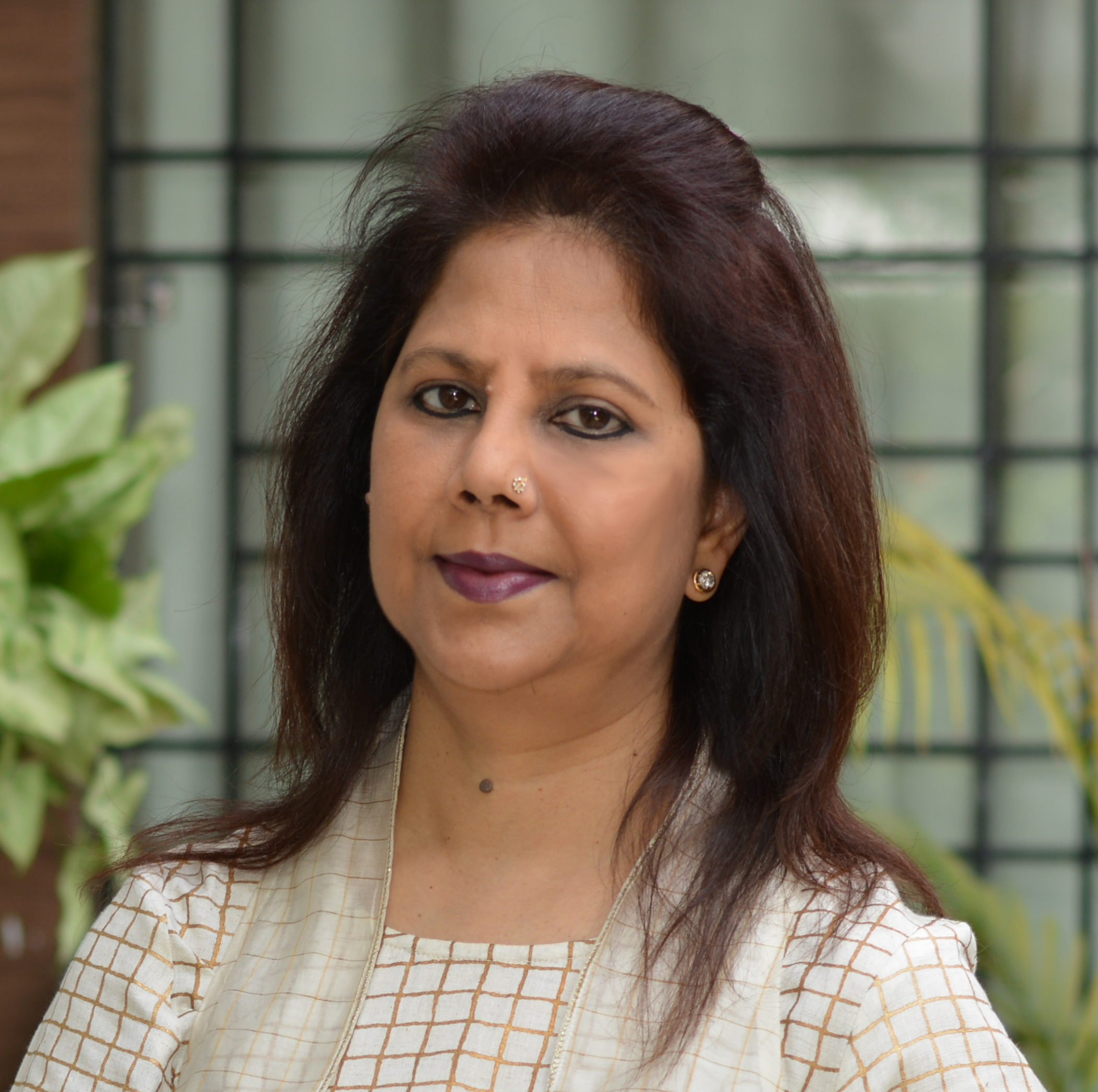If I were to draw an analogy for a book, I’d say a book is like a child. One could consider the idea as the newly born baby who grows with time. The infancy stage denotes the freshly born idea to be jotted down in lines and basic skeleton. The infant then further develops into a toddler, where the lines are developed into points to set the base of the story/subject; the ugly duckling will turn into a beautiful swan only if the framework of your subject is solidly built.
As soon as the child grows into the phase of adolescence, each point is studied, researched and evolved into chapters. The chapters further mature and develop into an adult, and as the author and parent of the book, you are proud to share the now beautifully finished and exciting final copy with the entire world, your audience!
You have a right to be satisfied with your work, as the book is the result of your patience, love, sweat and blood. Since the journey from your baby becoming this adult individual is not going to be easy, here is some advice for the budding writers:
1. The storyline
To begin with, choose a topic or storyline for your book. Even a vague topic can be developed into a great book, but I would advise you to select a topic that you are passionate about. Your passion will fuel your writing to the extent that the quality of the content would robustly come to life.
2. Paint the picture
It is essential to have a clear vision. You should focus on your storyline and keep your language simple to make it a swift read. Next, the story and the subject of the book stand clear in your head, for it to further be reflected in your book. Your readers should be able to visualise and connect with your plot. If the author is not clear about his vision, it translates to his writing and reproduces the same chaos in his story.
3. Tackle the parts
Looking at the story as a whole may get overwhelming. It is always a good idea to break up the plot into smaller parts. Speaking on a personal note, my story was broken down and put on a pin-board on little slips of paper. This helped me in two ways:
* Any gaps or lose spots in the story became visible, and they could be worked upon.
* Research on every part could be done in-depth which in turn made the story-base stronger.
4. Find a den
Writing a book consists of no time or space constraints. It is a creative process where you will have your moments. You’ll encounter instances where the flow of the words and ideas is too rapid, sliding right off your grasp. But then again, there’ll be times you observe a standstill of your thoughts. However, I believe it’s a good idea to designate a space and time for writing to be more focused and productive.
All authors have different choices like some pick a proper desk and chair; some write on their dining table, and for some, the bed is the most comfortable spot.
The place that I preferred to write in was a chair and a folding table with a park-facing view visible from a large window. The peace, solitude and energy from the greenery—all helped me immensely while penning my story.
I would generally start writing at about 3 pm after all the house helps had left and there was complete privacy. I would strategise and build the next part of the story. Then I would take a break for about two hours. Post break, I’d have a long, undisturbed writing session of approximately five to six hours, and sometimes even more.
5. The writer’s block
I honestly feel every author goes through a tough phase, where the flow of ideas and words paces down or eventually stops; which could be very disturbing and further spark your insecurities as a writer. Instead of getting all worked up, you need to take control of your senses.
Calm down and go with the flow, because your stress will only act as a deterrent for your creativity. If you accept that the fact that ups and downs are a part of the cycle, you will turn more accepting and hence will allow your thoughts to have some space of their own, helping them flourish better.
You should continue with your research and keep reading whatever you have penned till now. If possible, continue writing whatever comes to your mind, just keep going. I have found that in the absence of stress, the block goes away, and the flow of ideas starts again. You need to keep your faith in yourself.
6. Research your theme
Many people have great ideas but are not confident about penning them on paper. I was also one of them, and so I decided to do some research on writing a novel. I was amazed at the amount of help that was available if a person made an effort to look for it. There were numerous courses on learning the skills of writing. Also, multiple apps could help you to write a book.
In addition to this, I found various lists of words on Pinterest that were very useful while writing. There is a whole world out there to assist you in writing a book; you have to knock to open the doors to this fascinating world of information.
7. Get your own cheerleaders
Identify one or two close friends or family members who can be your sounding board. There will be plenty of instances while writing when you would want an opinion on the in-process story idea and feel the need of someone validating it.
I think I was incredibly blessed because I didn’t have just one person or two, but at least four friends who came to support and became my mirror. They were my strength and inspiration, motivating me to complete the book.
If you have a story idea or something that you believe in, then nurture it, and tell the world about it. I can promise you that it’ll be the most satisfying feeling when people understand and appreciate your story.
Happy writing, young buds!


